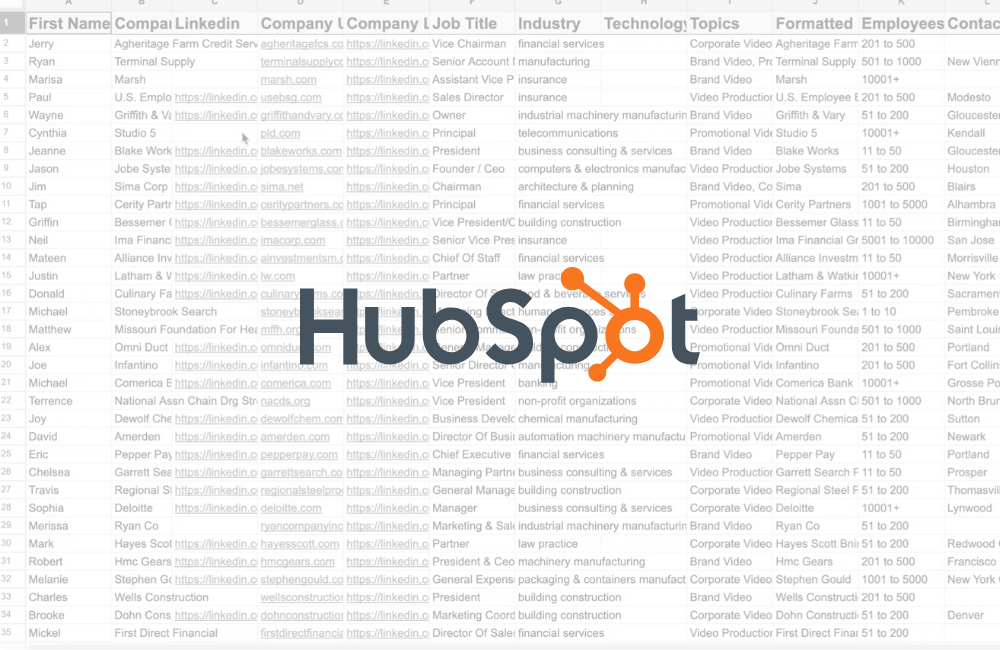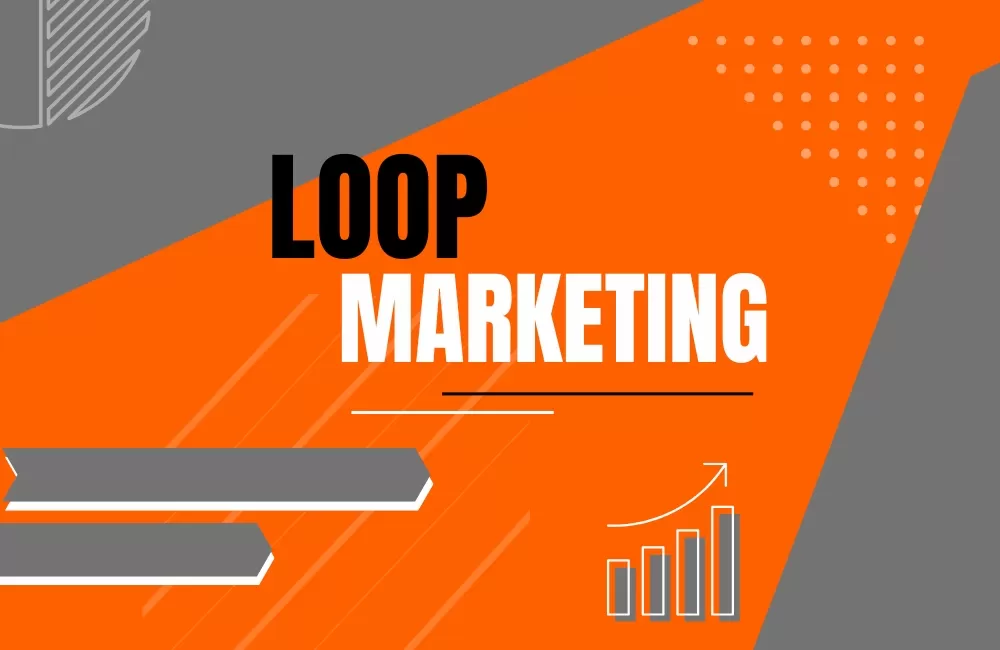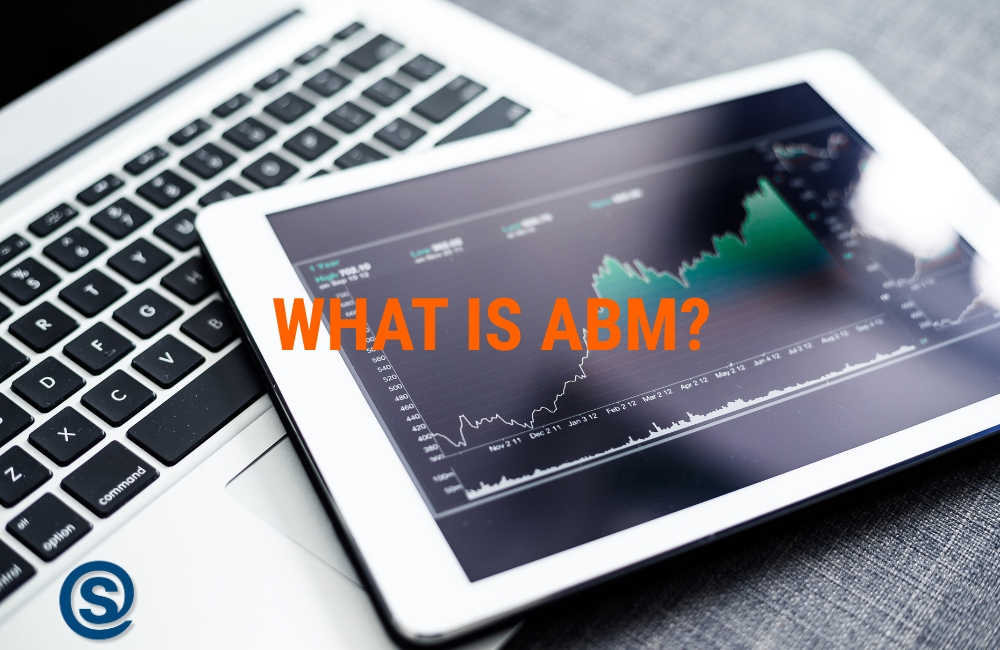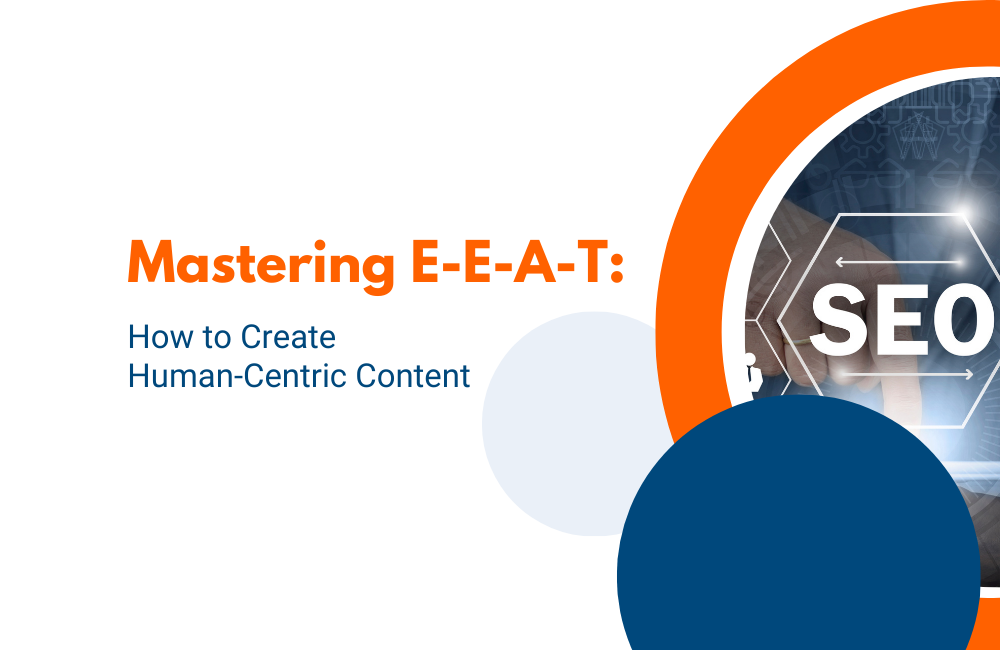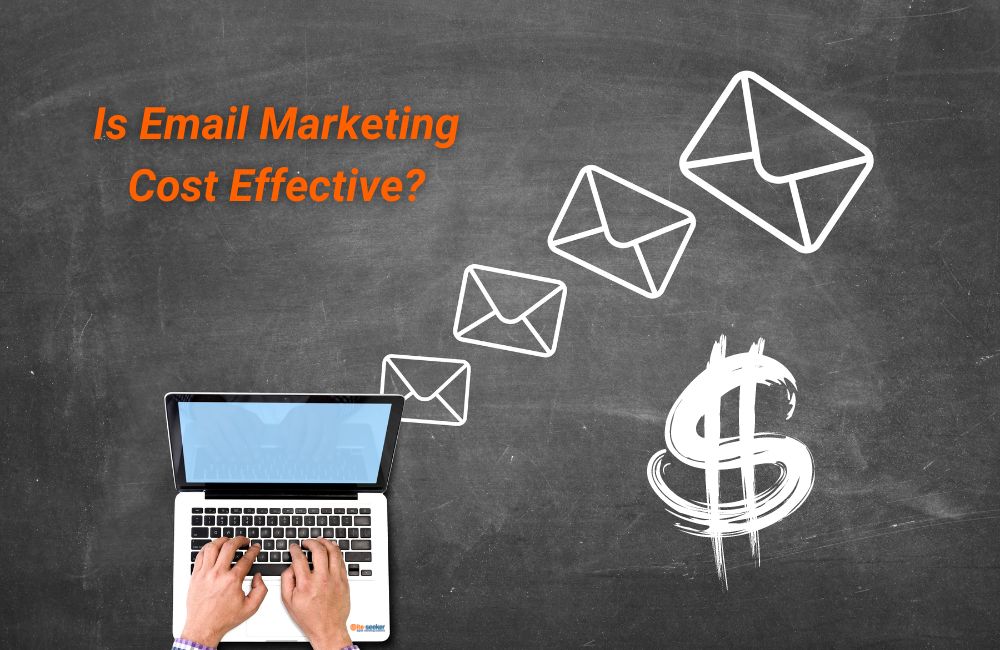HubSpot for Material Handling: Escaping the Spreadsheet Trap
Are you managing millions in inventory with sophisticated ERPs, but managing your sales leads on a static Excel file? It’s time to advance with HubSpot for material handling companies and more. The Current Reality Check for Industrial Marketers Complexity is a standard feature of the manufacturing and material handling sector. This holds true whether your […]
HubSpot for Material Handling: Escaping the Spreadsheet Trap Read More »
